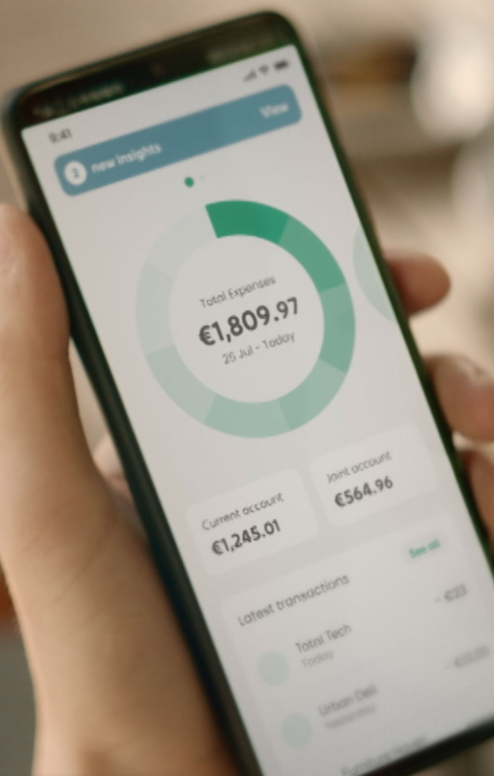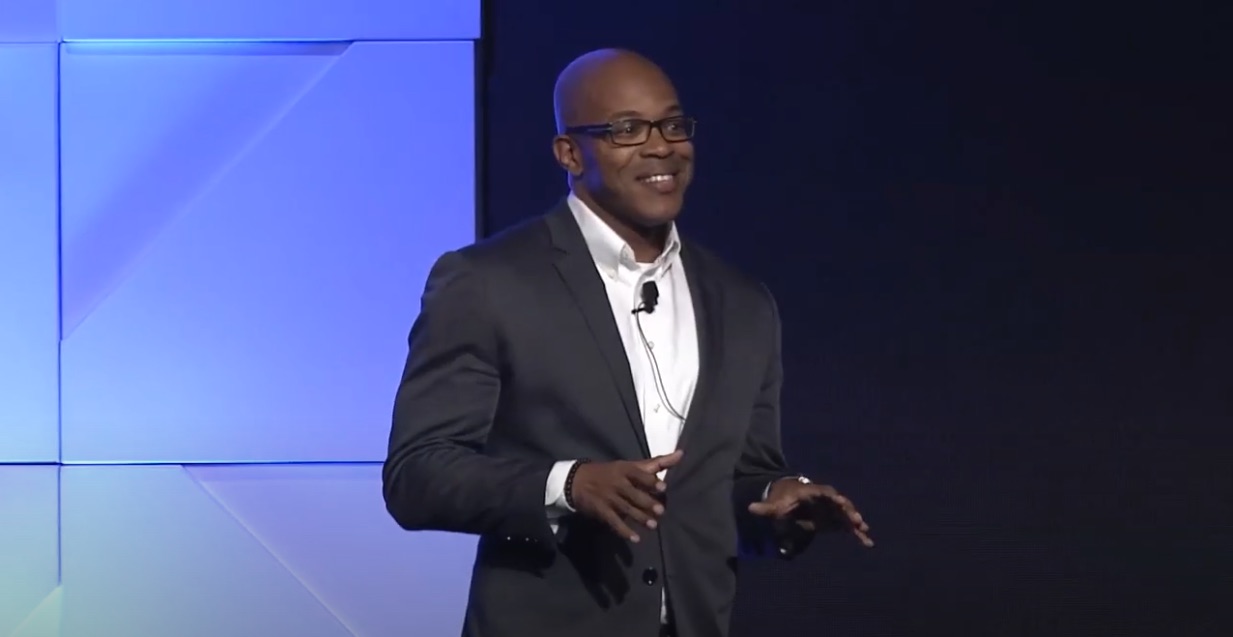
Modern card issuing platform Marqeta has come a long way since its Finovate debut in 2016. Back then, Marqeta was a six-year-old company, presenting the world’s first fully-documented, open API issuer processor platform, and emphasizing the company’s commitment to producing payments solutions that were “developer-friendly.” In fact, it was at Finovate’s developer conference, FinDEVr Silicon Valley in 2016 that Marqeta led a presentation “Democratizing Issuer Payment Processing with Just-In-Time (JIT) Funding.”
In the years since then, the Oakland, California-based fintech has forged partnerships with fellow Finovate alum Token (2017); with CashFlows, Visa, and Mambu (2019), with Mastercard, Afterpay, and Uber (2020) and, last year, with companies including Bill.com, Coinbase, and Square. The company also has raised more than $530 million in funding, and launched as a public company a year ago, trading on the NASDAQ under the ticker MQ.
Most recently, Marqeta returned to the fintech headlines with news of its partnership with Alviere. An embedded finance platform, Alviere is currently in the process of expanding across Europe, where it plans to operate as an Electronic Money Institution and Principal Member Card Issuer in the region. By partnering with Marqeta, Alviere will be able to issue branded cards to customers in the European Economic Area (EEA) and the U.K.
“Access to financial services is continuing to evolve, and consumers are constantly opening up to new ways of moving, storing, spending and saving money,” Alviere co-founder and CEO Yuval Brisker said. “For brands in Europe, and around the world, providing financial services means uncovering vast untapped opportunities. Embedding financial products under their existing business, products, and to their existing customer base, has quickly emerged as an important strategy for growth and customer retention.”
Marqeta’s platform supports issuance of both physical and virtual payment cards, as well as tokenization, card management, and fulfillment. Processing and settlement are also included, along with authentication and 3DS (3-D secure authentication), just-in-time (JIT) funding, and dynamic spend controls. Marqeta’s reliance on open APIs and webhooks enables institutions to create customizable card experiences, and seamless interaction with other applications, while providing visibility and transparency via notifications and card monitoring.
Alviere hopes to take advantage of what Simon Torrance forecasts to be a $7.2 trillion global opportunity in embedded finance by 2030. To empower non-financial brands with the ability to offer financial products and solutions to their customers, Alviere offers a suite of solutions including branded bank accounts and cards, global payments, payment processing, as well as crypto wallets and exchanges. The New York-based company’s partnership news with Marqeta arrives in the wake of Alviere receiving an investment of $70 million and the appointment of its first Chief Financial Officer.
“Financial services open up a new avenue of consumer engagement for brands and allow them to deepen the consumer experience massively,” Marqeta Chief Operating Officer Vidya Peters said. “We’re excited that Alviere will be able to allow its brand customers to build in new payments experiences using our platform.”















